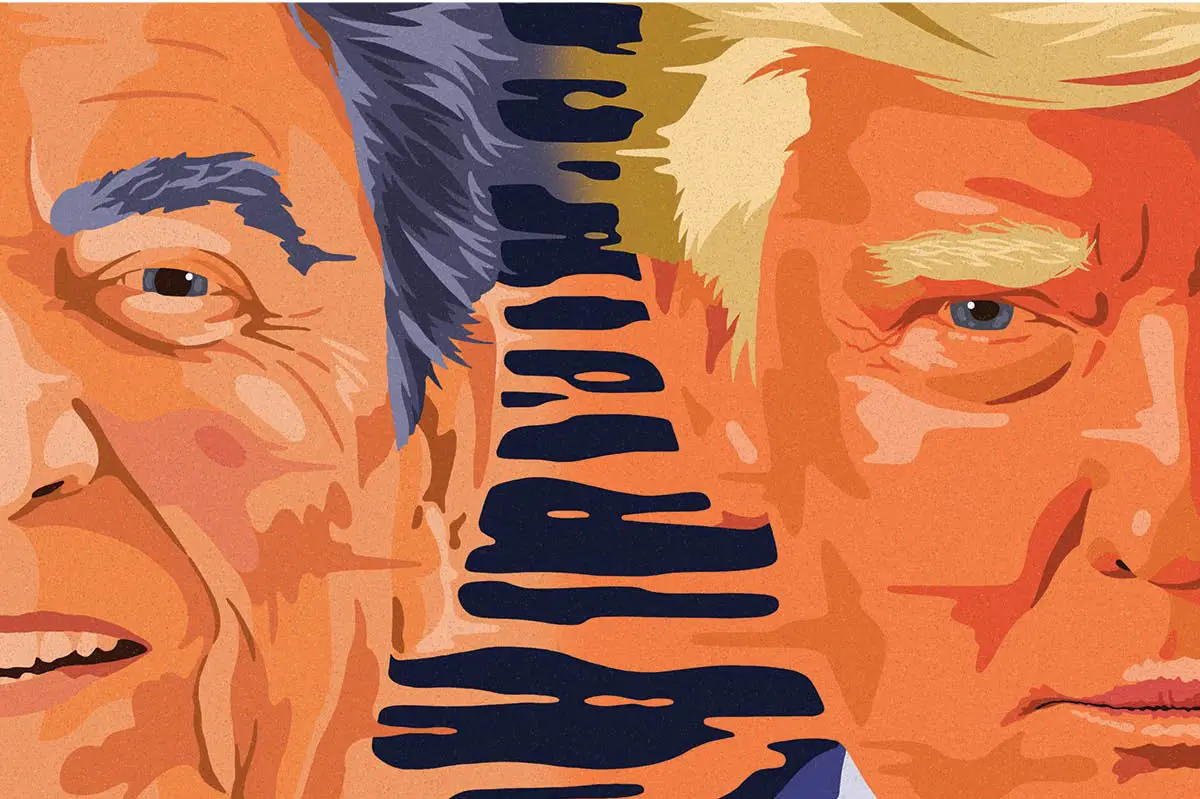In January 1936, Harold Nicolson, the British politician and author, reviewed Inside Europe, by the Chicago-born journalist John Gunther. He praised the “American type of wandering or perambulatory foreign correspondent” such as Vincent Sheean, H.R. Knickerbocker (known as Knick), the Mowrer brothers, John Gunther and (the only woman) Dorothy Thompson, as “one of those improvements to modern life that the British would do well to imitate.”
According to Nicolson, the virtue of the book, which famously described Adolf Hitler as a “blob of ectoplasm,” was not merely that it was exciting but “so personal that it may seem dramatic and at the same time educative.” Now Deborah Cohen has provided a rivetingly raw account of the group (with cameo appearances from others, including Rebecca West and “Mickey” Hahn) and the way they worked, switching focus at various points as she joins the dramatic global story with often painful and deeply personal accounts. From 1931 onward, this group of roving American reporters — friends and sometime lovers who occasionally fell out with each other, slept with each other’s partners, suffered tragedies and setbacks — saw what was happening in Europe with great clarity. They wrote powerfully about the rise of the fascist dictators before they were household names and warned about constant violations of the Treaty of Versailles: not always with the same viewpoint or approach.
For example, when Knick published The Boiling Point; Will War Come in Europe? in 1934, Thompson criticized her erstwhile junior for “a hasty production in which he had reported what he’d been told as if he were taking dictation unctuously rather than rendering judgment.” The most important attribute of the journalist, according to Thompson, was brains, not feet.
If there is a central narrative, it is the complicated marriage of John Gunther and Frances (née Fineman), who both underwent analysis with the same doctor. Frances, a talented journalist in her own right, was constantly critical of her husband for what she considered his lack of deep interest in politics and an inability to analyze the situation. She accused him of being more interested in human nature and what someone had had for breakfast. When they finally divorced, she announced that every good idea he had came from her. Frances became deeply anti-British (a position which the avidly pro-British Thompson was not afraid to criticize), pro-Zionism and pro-Indian nationalism, with a strong but unfulfilled personal attachment to Nehru. Yet after Frances and John’s volatile marriage was over, the death of their seventeen-year-old son Johnny from a brain tumor brought them together. The book John subsequently wrote, Death Be Not Proud, was one of his most successful. This often tragic story is the thread that draws the narrative together. Yet Johnny Gunther’s premature death is not the end of Cohen’s story.
In her epilogue, she points out how by the mid-1950s this breed of foreign correspondent — “a congeries of eccentrics and prima donnas” according to the New Yorker — was almost extinct. The new breed, often dubbed “firemen,” could jet off anywhere for a short time without having to live in the place. But also, without Hitler and Mussolini, there was no longer such a clear division of right versus wrong. The sense of collective purpose that became so infectious that, in 1943, British cinema audiences cheered the Red Army louder than they did their own had also disappeared, replaced by the murky Cold War. Dorothy Thompson articulated the importance of journalism at that critical juncture by describing it as their era’s “most representative form of letters… What the play was to the Renaissance or the novel to the nineteenth century, reporting was to the 1920s and ’30s.” Having an imagination, she argued, was as important to reporters as it was to novelists, since she and her friends had abandoned what she called “the field of pure reporting” for the sort of subjective analysis — the interrogation of personality, the interpretation of causation —necessary to understand the truth.”
And what of the eponymous Hotel Imperial in Vienna where Hitler as a young, failed art student had worked to shovel snow away from the front and, infuriated by shabby treatment from the hotel management, vowed he would return? In 1938, he did, with the Anschluss. He was welcomed by Nazi banners decorating the hotel balconies, as well as thousands of grateful Austrian subjects cheering the Führer.
Vincent Sheean, one of the few correspondents who witnessed those scenes, was clear-eyed in his various dispatches. Anti-semitism was not a peripheral, unpleasant aspect of an otherwise progressive movement. Terror against the Jews was the essence of Nazism, he wrote with prescience. “The day of mass murder may not be so far away as we now think… and the rest of the population… will be glad to forget it in a week or so and say it was all greatly exaggerated by the foreign press.” Cohen’s great achievement is in shining a light on the often troubled characters who brought this story to a public that did not always want to know.
This article was originally published in The Spectator’s April 2022 World edition.

























